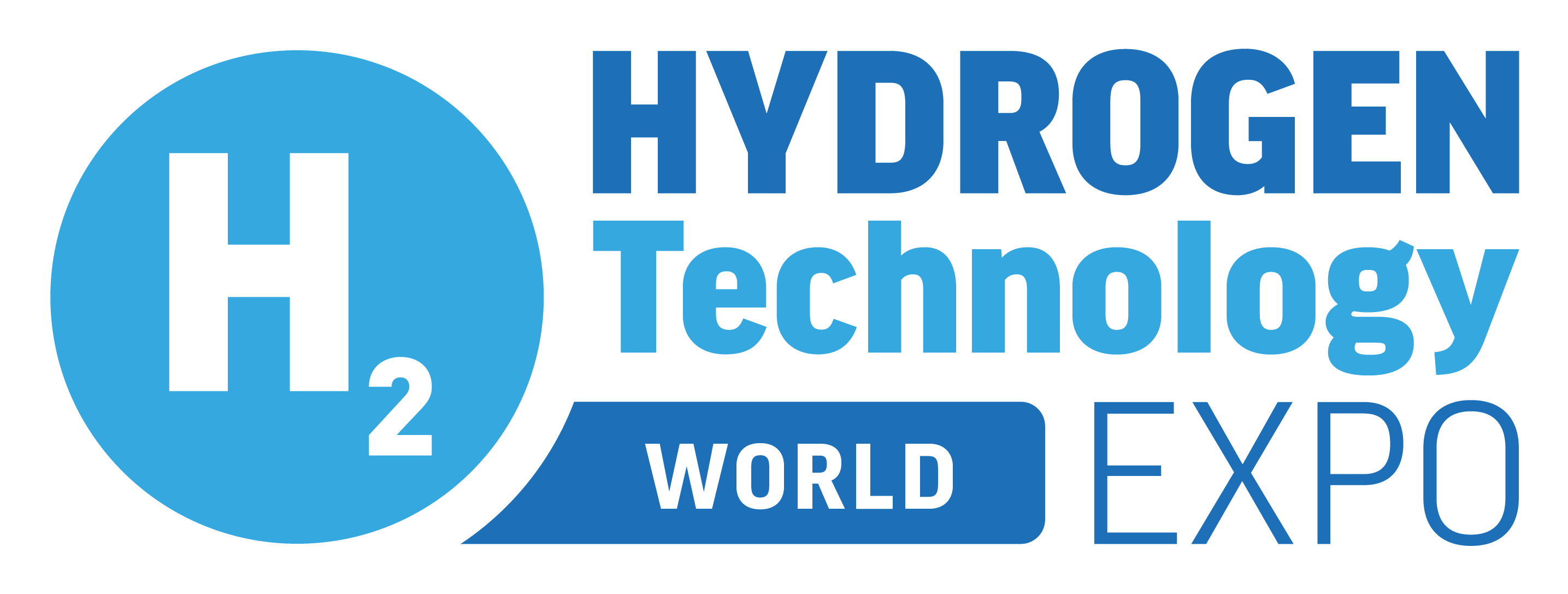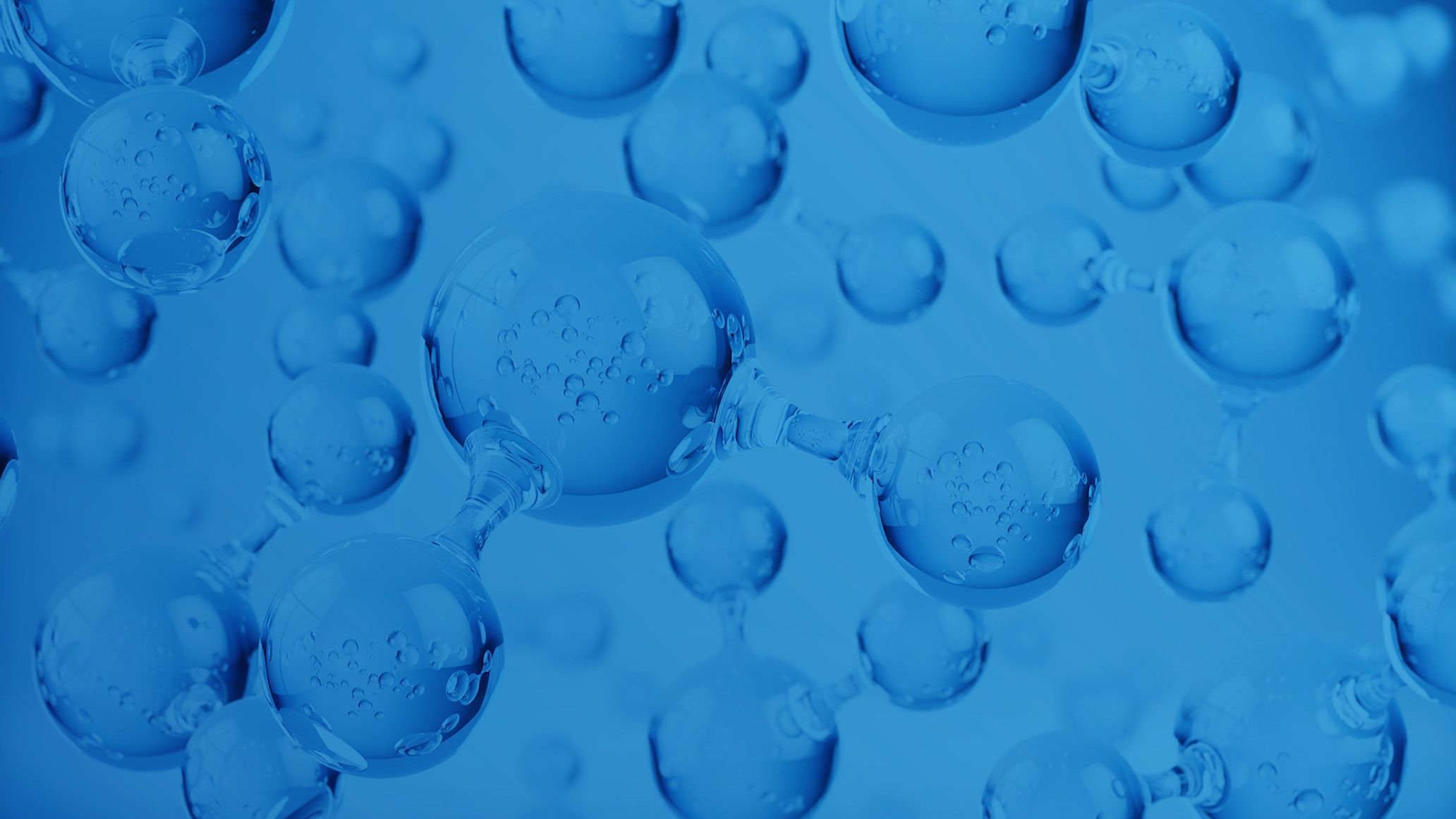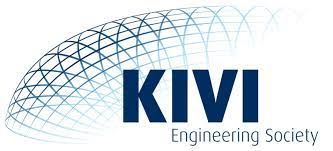Höegh Evi and SEFE are looking to import clean hydrogen to Germany through new MOU
)
SEFE Energy is a German state-owned energy firm and this project will involve SEFE and Höegh Evi, the marine infrastructure firm, exploring the potential for importing clean hydrogen into Germany. This task will be completed through the use of a new Memorandum of Understanding (MOU).
It has been made clear that the deal within the project will have a predominant focus on ammonia sourcing , as well as ship-based transportation and finally, delivery to floating import terminals. At these terminals the ammonia will be cracked so it is ready for delivery to SEFE customers through Germany’s 9,000km hydrogen core network (HCN).
Both companies will bring individual knowledge and skills to the project and they will do this through the use of the MOU. SEFE will be responsible for handling upstream hydrogen supply, as well as downstream use. On the other hand, Höegh Evi will be focused on working on the midstream infrastructure and they will be using floating terminal infrastructure.
On top of this, the companies will also apply their skills and time to collaborating when it comes to looking at possible locations for floating ammonia-to-hydrogen terminals along the Baltic Sea and North Sea cost, along with a variety of other European locations.
It has been made clear that Germany and wider Europe have recently been viewing imports as an excellent option around meeting its expected hydrogen demands. This is because at the moment, these areas are actively searching for lower-cost sources in comparison to domestic production.
The firm has stated that its, ‘terminals will provide a supply of dispatchable and baseload hydrogen for industrial customers.’
Höegh Evi CEO, Erik Nyheim, commented, “Establishing global supply chains for hydrogen is a major step towards advancing the energy transition in Germany and Europe.”
CSO of SEFE, Hamead Ahrary, mentioned, “With Höegh Evi’s pioneering technology in the field of floating import terminals including the cracking of ammonia to hydrogen within the terminal and the deep customer understanding we have gained over the last decades, we have the best conditions to develop international clean hydrogen supply chains to make the energy transition a reality.”




)
)
)
)
)
)
)
)
)
)
)
)
)
)
)
)
)
)
)
)
)
)
)
)
)
)
)
)
)
)
)
)
)
)
)
)
)
)
)
)
)
)
)
)
)

)
)
)
)
)
)
)
)
)
)
)
)


)
)
)
)
)
)
)
)
)
)
)
)

)

)
)
)

)
)
)
)
)
)
)
)
)

)
)
)
)

)
)
)
)
)
)
)
)
)
)


)
